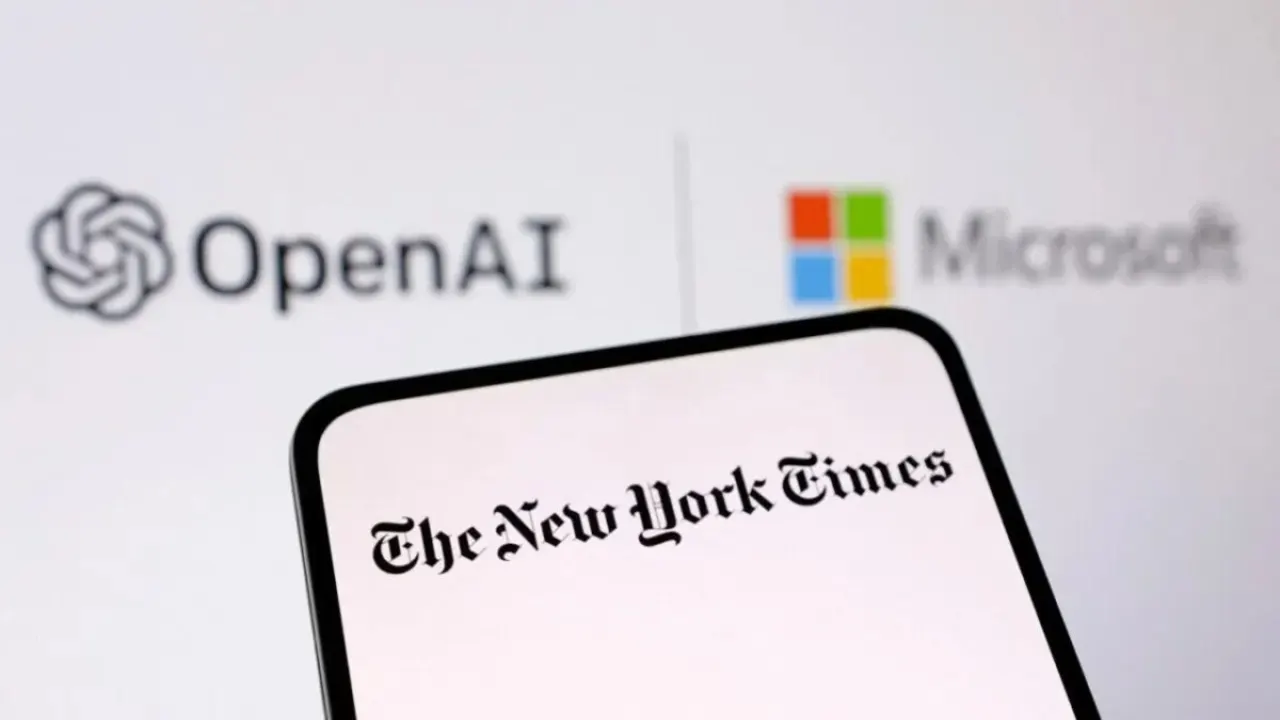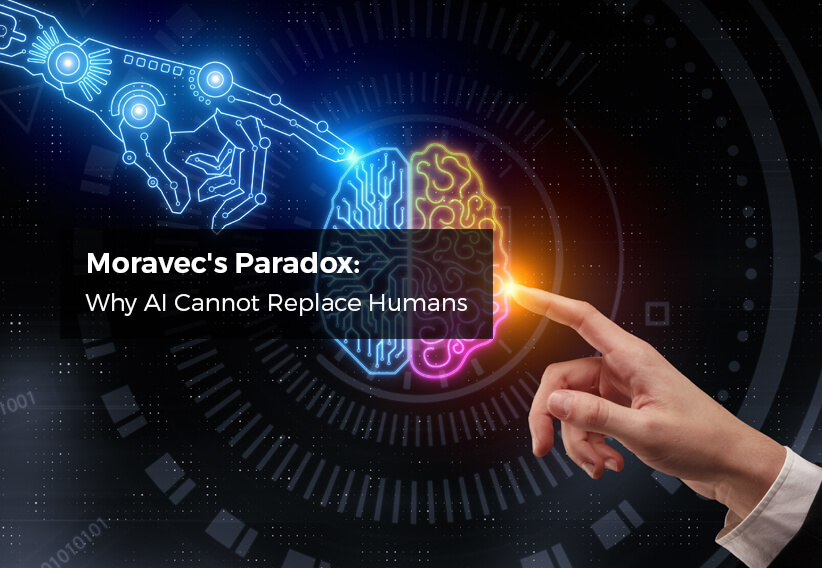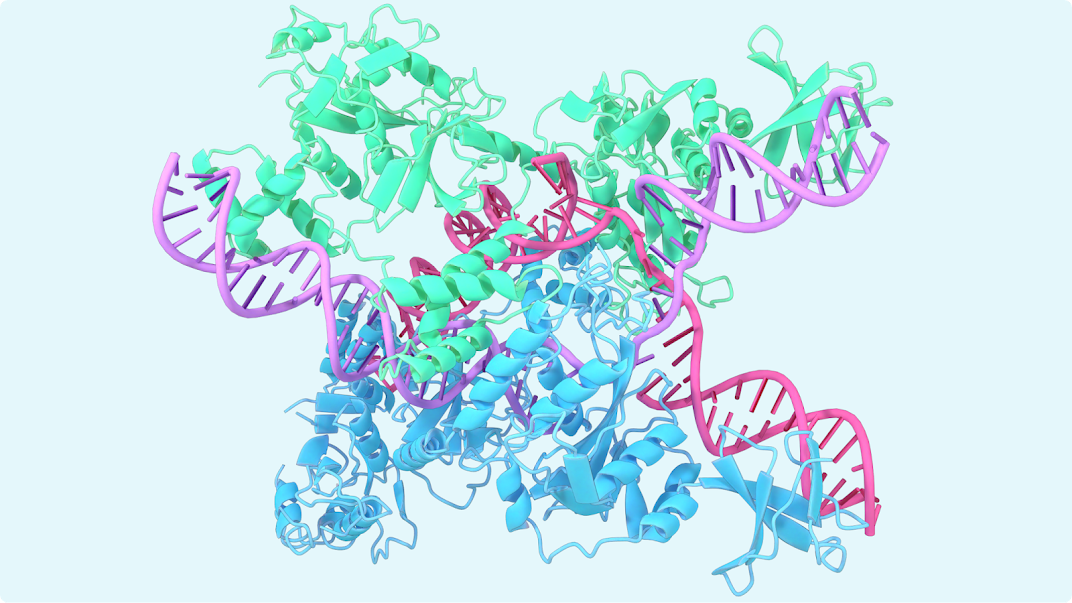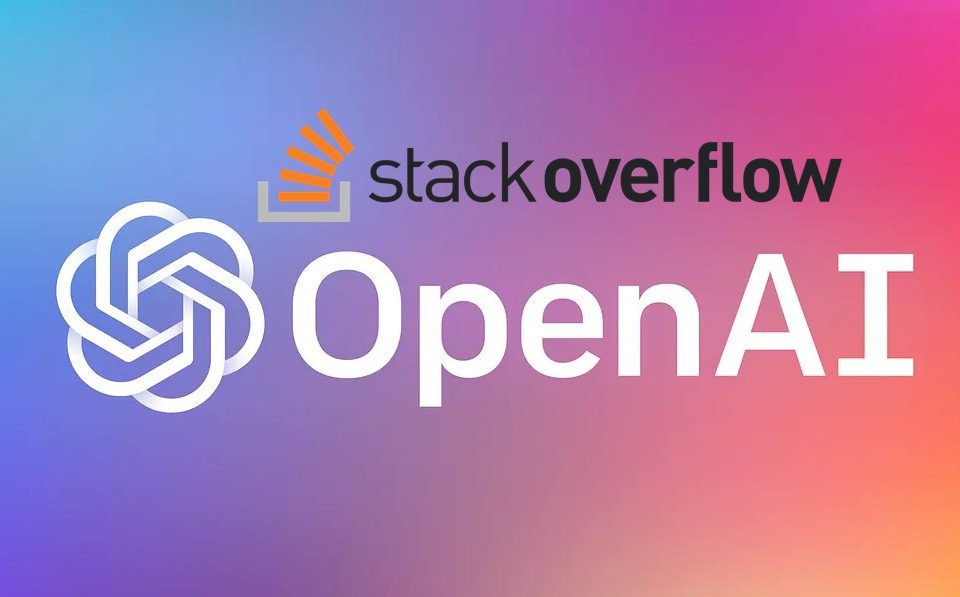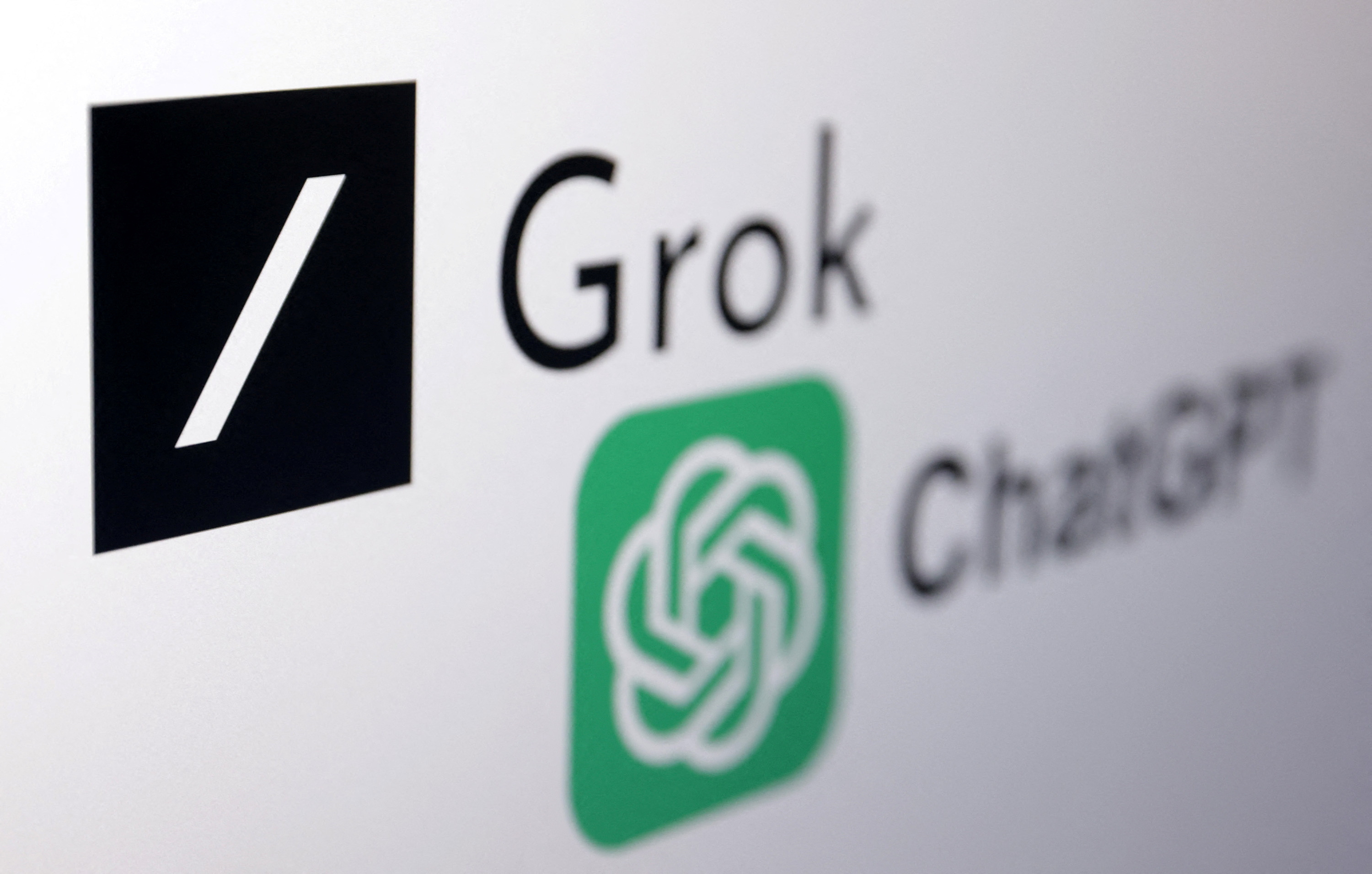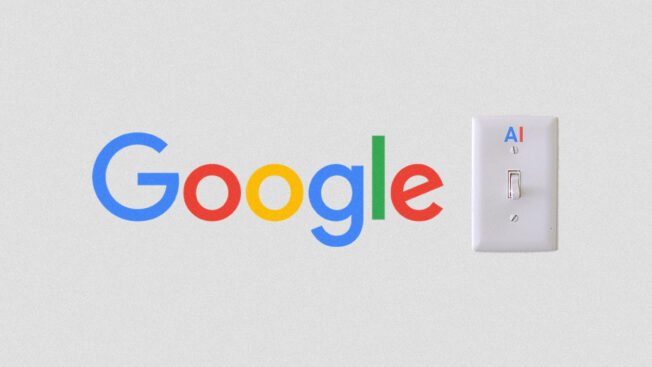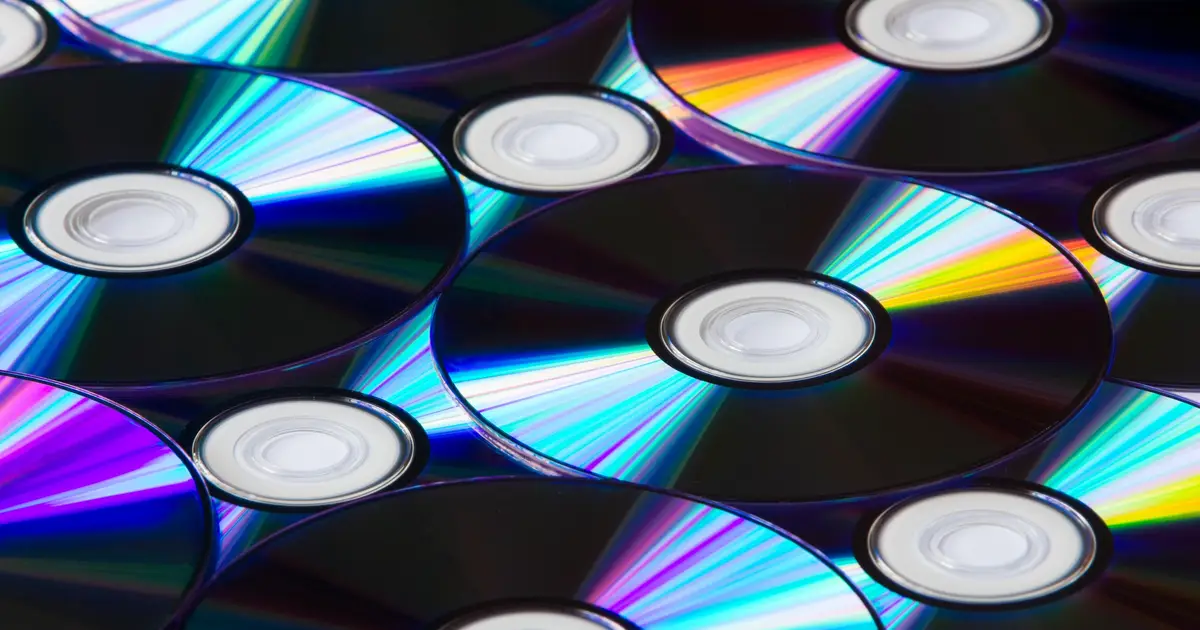OpenAI has lobbed explosive allegations against The New York Times, accusing the newspaper of unethical tactics and "hacking" its AI systems to manufacture evidence for an ongoing copyright lawsuit. In a recent court filing, OpenAI claimed that The Times engaged in deceptive practices to induce its ChatGPT chatbot and other AI to reproduce copyrighted content, allegedly even paying an individual to manipulate the systems.
This dramatic development stems from a copyright lawsuit initiated by The New York Times against OpenAI and its primary backer Microsoft. The newspaper alleges that OpenAI and Microsoft trained their AI products using millions of New York Times articles without authorization, enabling the AI to regurgitate lengthy excerpts when prompted.
OpenAI contends its use of copyrighted works to develop AI is protected under fair use doctrine. The outcome of this high-stakes legal battle could shape copyright rules pertaining to AI training and development.

According to OpenAI's filing, The Times violated its terms of service through leading questions and providing misleading context to goad the AI into reciting protected passages. OpenAI argues this intentional inducement to reproduce copyrighted text constitutes unethical hacking that produced manufactured evidence.
The Times amassed extensive exhibits of OpenAI and Microsoft AI offerings displaying verbatim extracts from published articles. Thiscould undermine the financial viability of news media if readers opt for AI-generated content over original sources.
OpenAI claims that rather than organically collecting exhibits through normal use, The Times strategically probed the AI systems' limitations through prohibited means, implying unprincipled journalistic tactics.
This bombshell allegation suggests The Times prioritized winning its legal case over ethics. However, The Times and OpenAI have both declined to comment amidst ongoing proceedings.
The lawsuit sits at the intersection of copyright law, media economics and artificial intelligence. Publishers are increasingly taking legal action against tech firms for copyright violations in training AI, with this case poised to set major precedents.
While OpenAI has negotiated content licensing deals with some outlets, talks with The Times stalled, precipitating the lawsuit. This hostility reflects media concerns over AI threatening traditional revenue streams.

However, OpenAI asserts AI ultimately drives traffic to original sources. Its copyright defense maintains that using text to develop AI capabilities that benefit society constitutes fair use.
But by accusing The Times of artificially generating biased evidence, OpenAI is going on the offensive to undermine the newspaper's credibility. Its hacking claims attempt to flip the ethical narrative against The Times while disputing the merits of its exhibits.
This feud underscores rising tensions around AI's impact on copyright, misinformation, and journalism's business model. As natural language AI grows more sophisticated, the potential for misuse also increases. But limiting AI training data could hamper innovation.
This legal and ethical quandary is entangling two influential forces in media and technology. Their showdown will shape high-level policies regulating innovation, fair use, and misuse of emerging technologies.
Beyond court proceedings, their bitter clash reveals deepening mistrust between media and tech companies. Accusations of unscrupulous tactics reflect diverging incentives and values regarding AI's societal impacts.

While seeking to capitalize on AI, media outlets also fear the technology could make their content redundant. For tech firms, unfettered AI development takes priority over copyright constraints.
This spellbinding copyright lawsuit has devolved into a dramatic battle pitting journalism against Silicon Valley. Their fight to steer the AI narrative could decide who authors the future of news and information.
As The Times and OpenAI exchange loaded salvos, ethical AI practices hang in the balance. Their case may ultimately hinge on society's verdict on AI's promise and perils within modern journalism.
Does AI represent an existential threat to the press, or can an ethical symbiosis emerge? While their court case seems intractable, perhaps the ultimate judgment lies outside the courtroom - in shaping AI that serves truth rather than undermines it.

